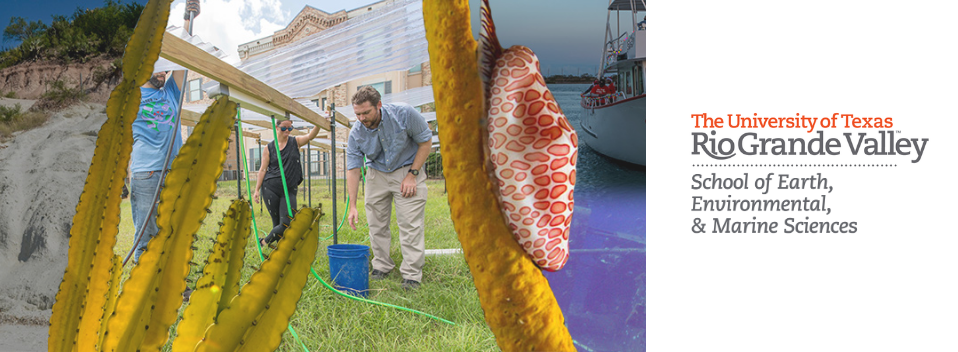
School of Earth, Environmental, & Marine Sciences Faculty Publications
Effects of temperature on chronic hypoxia tolerance in the non-indigenous brown mussel, Perna perna (Bivalvia: Mytilidae) from the Texas Gulf of Mexico
Document Type
Article
Publication Date
11-2005
Abstract
Effects of temperature (15°, 20° and 25°C), O2 partial pressure (PO2=0, 1, 2, 4, and 6 kPa), and individual size (12–79 mm shell length; SL) on survivorship of specimens of the non-indigenous, marine, brown mussel, Perna perna, from Texas were investigated to assess its potential distribution in North America. Its hypoxia tolerance was temperature-dependent, survivorship being significantly extended at lower temperatures under all tested lethal PO2. Incipient tolerated PO2 was ≥4 and ≥6 kPa at 15 and 20°C, respectively, with >50% mortality occurring at 25°C at all tested levels of hypoxia. PO2 had less of an effect on survival of hypoxia than temperature. At 25°C, survivorship was not different over a PO2 range of 0–2 kPa and increased only at 4 and 6 kPa. Survivorship was size-dependent. Median survival times increased with increasing SL in anoxia and PO2=1 kPa, but at 2, 4 and 6 kPa, smaller individuals survived longer than larger individuals. With tolerance levels similar to other estuarine bivalve species, P. perna should withstand hypoxia encountered in estuarine environments. Thus, its restriction to intertidal rocky shores may be due to other parameters, particularly its relatively low temperature tolerance.
Recommended Citation
Hicks, David W., and Robert F. McMahon. "Effects of temperature on chronic hypoxia tolerance in the non-indigenous brown mussel, Perna perna (Bivalvia: Mytilidae) from the Texas Gulf of Mexico." Journal of Molluscan Studies 71, no. 4 (2005): 401-408. https://doi.org/10.1093/mollus/eyi042
Publication Title
Journal of Molluscan Studies
DOI
10.1093/mollus/eyi042


Comments
© The Author 2005. Published by Oxford University Studies on behalf of The Malacological Society of London, all rights reserved